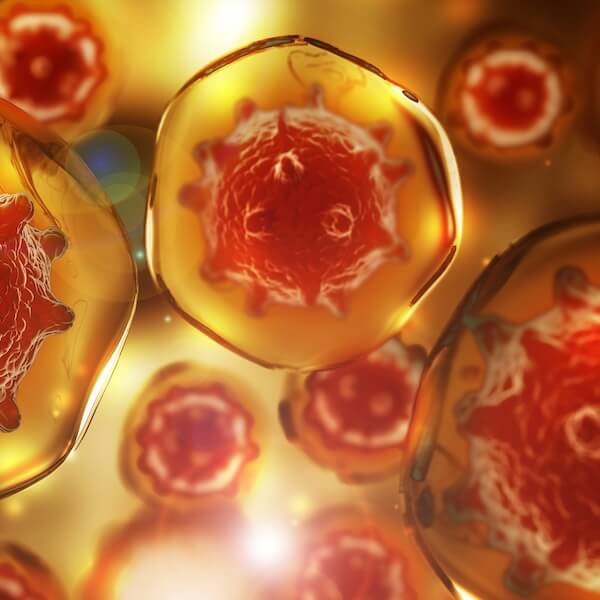At Dallas Regen, we offer cutting-edge stem cell therapy to help you reclaim your life from the debilitating effects of autoimmune diseases. Our advanced treatments harness the regenerative power of stem cells to promote healing, reduce inflammation, and improve overall health.
Understanding Autoimmune Diseases
Autoimmune diseases occur when the body's immune system mistakenly attacks its own tissues. This can lead to chronic inflammation, pain, and a host of other symptoms that significantly impact quality of life. Some of the common autoimmune conditions we treat include:
-
Rheumatoid Arthritis
- Lupus
- Sero-Negative Arthropathy
- Fibromyalgia
- Ulcerative Colitis and Crohn's Disease
- Primary Sclerosing Cholangitis (PSC)
- Inflammatory Bowel Syndrome (IBS)

GET IN TOUCH
Filling out this form is the fastest way to reach our team, once completed please be sure to check your email inbox for a confirmation message.
Rheumatoid Arthritis
Rheumatoid arthritis (RA) is a chronic inflammatory disorder that affects the joints, causing pain, swelling, and potential joint damage. Stem cell therapy can help reduce inflammation and promote the repair of damaged joint tissues.
Lupus
Lupus is an autoimmune disease that can affect multiple organs, including the skin, joints, kidneys, and brain. Stem cell therapy aims to modulate the immune system, reduce inflammation, and repair damaged tissues, providing relief from the diverse symptoms of lupus.
Sero-Negative Arthropathy
Sero-negative arthropathy encompasses a group of joint diseases that do not produce the rheumatoid factor. Stem cell therapy helps in reducing inflammation and repairing joint damage, improving mobility and reducing pain.
Fibromyalgia
Fibromyalgia is characterized by widespread musculoskeletal pain, fatigue, and tender points. Stem cell therapy can help by reducing inflammation and promoting tissue repair, leading to a decrease in pain and improvement in overall well-being.
Ulcerative Colitis and Crohn's Disease
These inflammatory bowel diseases (IBD) cause chronic inflammation of the gastrointestinal tract. Stem cell therapy helps by reducing intestinal inflammation and promoting the healing of damaged intestinal tissues.
Primary Sclerosing Cholangitis (PSC)
PSC is a disease of the bile ducts that can lead to liver damage. Stem cell therapy aims to reduce inflammation and promote the repair of bile duct and liver tissues.
Inflammatory Bowel Syndrome (IBS)
Although not classified as an autoimmune disease, IBS involves chronic gastrointestinal symptoms. Stem cell therapy can help by modulating the immune response and reducing inflammation, leading to symptom relief.
How Stem Cell Therapy Helps Autoimmune Diseases
Modulating the Immune System
Stem cell therapy helps to regulate the immune system, reducing its abnormal activity against the body's own tissues. This modulation helps in controlling the symptoms and progression of autoimmune diseases.
Reducing Inflammation
Stem cells release anti-inflammatory proteins that help reduce chronic inflammation, a common feature in autoimmune diseases. This reduction in inflammation leads to symptom relief and improved function.
Promoting Tissue Repair
Stem cells have the ability to differentiate into various cell types, such as cartilage cells, bone cells, and more. This capability allows them to regenerate damaged tissues and promote healing in affected organs and systems.
